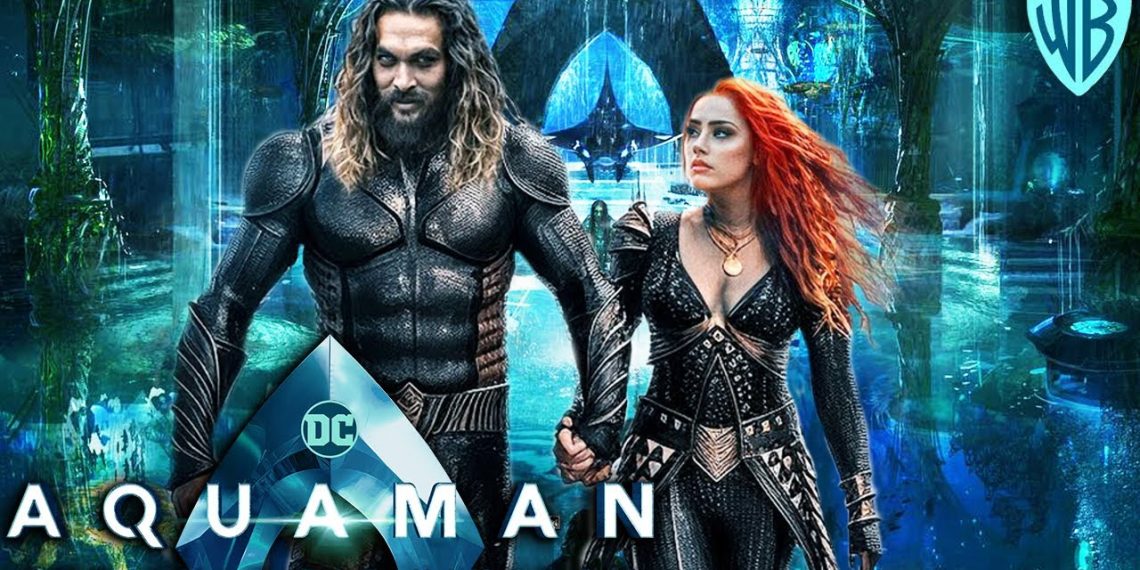While these reshoots were extensive, the film still manages to end Arthur Curry’s journey in the DCEU before Gunn’s rebooted franchise kicks off in 2024. The story of Aquaman and the Lost Kingdom details the titular hero’s battle with Black Manta, an antagonist from the first movie who returns for vengeance against Arthur Curry.
By the time of Aquaman 2’s post-credit scene, the conflict against Manta has come to a head. As the DCEU officially ends with Aquaman 2’s story, many will begin to wonder how the film’s own ending caps off the characters, stories, and emotional journeys of Jason Momoa’s superhero series.
Even with these lengthy reshoots, the movie concludes Arthur Curry’s DCEU adventure before Gunn’s revived series debuts in 2024. The protagonist of Aquaman and the Lost Kingdom fights Black Manta, the antagonist from the first film who comes back to get revenge on Arthur Curry.
The battle with Manta has reached a fever pitch by the time of Aquaman 2’s post-credit sequence. Many will start to question how the film’s own conclusion wraps together the characters, narratives, and emotional journeys of Jason Momoa’s superhero series when the DCEU officially concludes with the story of Aquaman 2.
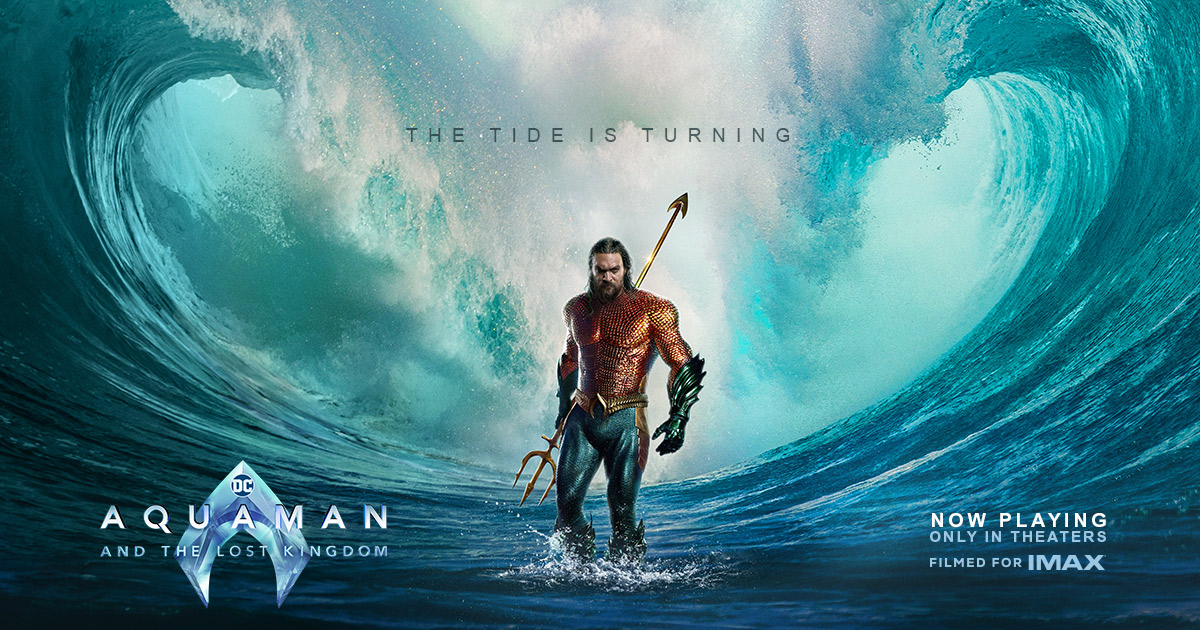
The endeavors of Black Manta to unearth the civilization that bears the title are the central idea of Aquaman and the Lost Kingdom. Manta finds the menacing Black Trident in the start of the movie, marking the start of his adventure.
King Kordax, the brother of King Atlan, is embodied in the Trident. If Black Manta discovers the Lost Kingdom of Necrus and removes King Atlan’s curse, Kordax swears he will get retribution on Aquaman.
After Kordax’s brotherhood was lost, the curse saw Atlan condemn the whole Necrus civilization to a life of frozen ice, hiding beneath the Antarctic ice caps.
The Atlantean royal bloodline holds the key to Black Manta’s attempt to lift the curse placed on Necrus and King Kordax. Atlan first cast the curse by imprisoning Kordax and Necrus with blood magic.
Therefore, only a member of Atlan’s lineage—Atlanna, Arthur, Orm, or Arthur Jr.—could break it. In order to free Kordax and Necrus, Manta intended to kidnap Arthur Jr. and sacrifice the infant. This would give Manta the army he needs to finally vanquish Atlantis and his archenemy, as well as carry out his plan to assassinate Aquaman’s family.
Aquaman and the Lost Kingdom: A bittersweet farewell to the DCEU
After Arthur saves his son in the climax of Aquaman and the Lost Kingdom, Black Manta and Arthur engage in combat. Aquaman defeats Manta before Orm is taken over by the spirit of Kordax.
By defeating Arthur and smearing his blood on the altar, Orm releases Kordax from his confinement. But Arthur stops Kordax’s malicious schemes once and for all by tossing both King Atlan’s and the Black Trident at the tyrant.
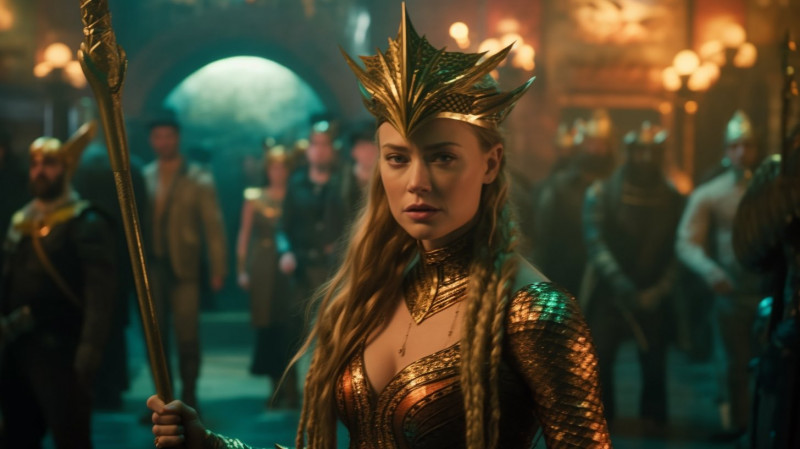
Following Kordax’s downfall and Necrus’ devastation, chaos ensues, drawing Black Manta into a crevice beneath the ice. Before Arthur extends his hand to save his life, he hangs on.
Refusing to accept Aquaman’s hand, Black Manta tumbles into the hole that Necrus is being drawn into, which appears to be infinite. It is highly doubtful that Black Manta survived the fall, given that he had lost the superhuman abilities bestowed upon him by the Black Trident.
The conclusion of Aquaman 2 ends the renowned comic book antagonist in the DCEU, neither confirming his death nor offering any indication that he lived.
One wonders why Manta did not hold Aquaman’s hand after the scene in which he appears to be plunging to his death. This is because of the first Aquaman film, which is where Manta’s animosity toward Arthur originally surfaced.
Arthur strikes a boat that Black Manta and his father’s pirate crew are operating in the first movie. After he vanquishes the pirates, the sea will judge Manta’s father.
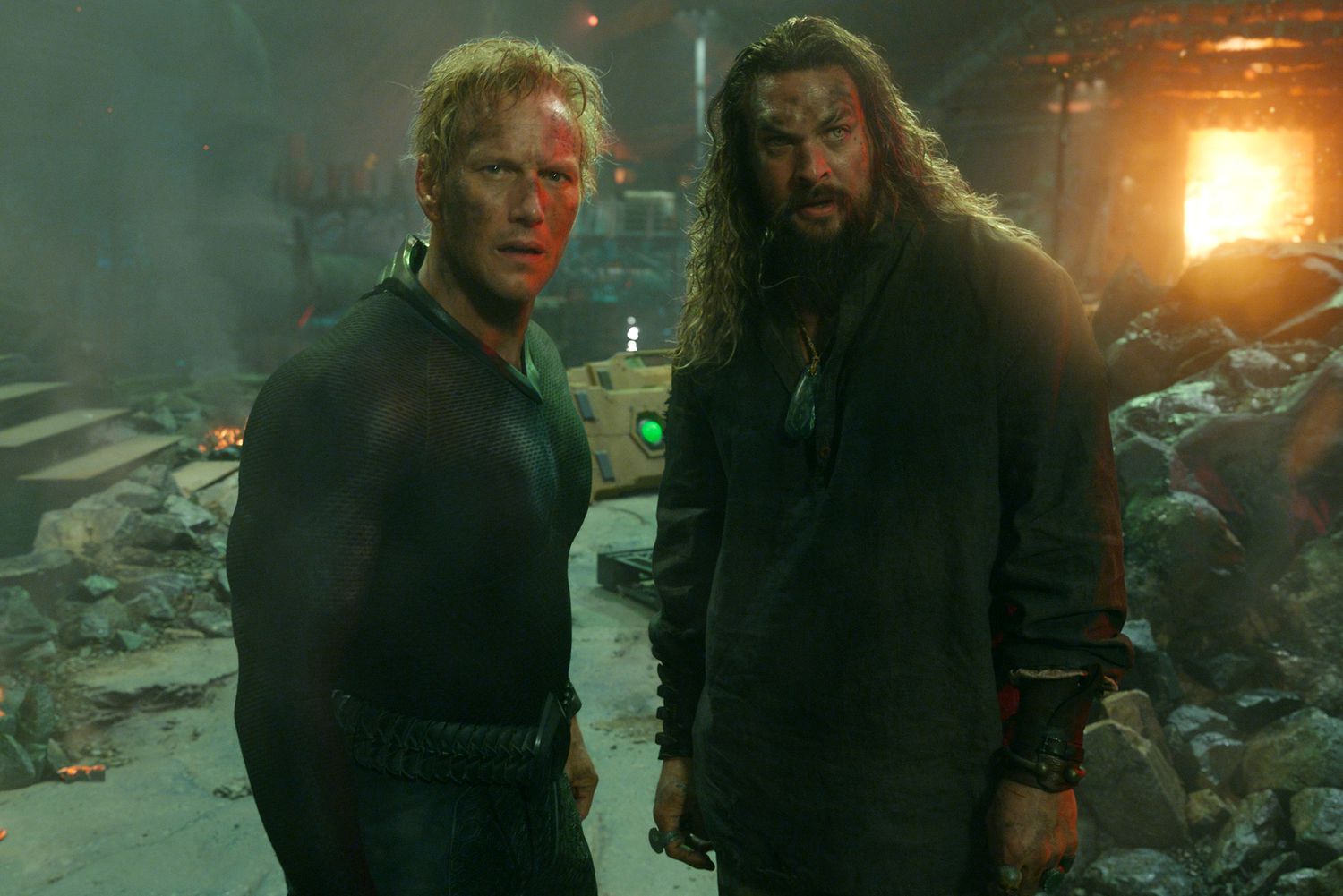
Black Manta’s father promises his son as he passes away that he will kill Aquaman, a goal to which Aquaman and the Lost Kingdom are devoted. Manta refuses to shake hands with Arthur at the conclusion of Aquaman and the Lost Kingdom because of his animosity against the latter.
The guy lets himself be claimed by the destruction of Necrus and would sooner die than take the hand of the man who killed his father. The revelation by Arthur that Atlantis exists to the surface world is one of the more significant story aspects of the conclusion of Aquaman and the Lost Kingdom.
The Atlantean council forbids Arthur from doing this in a subplot of the movie, since the sea people hate people who live above the surface. Against the council’s intentions, Arthur believes that a relationship between Atlanteans and humans would be advantageous to both parties and that everyone should know about the undersea country.
This implies that the nations of Earth and the seven kingdoms of the sea will now start coexisting. Had the premise of Aquaman 3 been feasible, the third movie would have probably looked into this relationship. Sadly, the storylines that were promised by the Atlantean planet mingling with Earth’s population will never be investigated due to the 2024 DCU reboot.
The question of whether or not this was lifted from DC Comics arises when Atlantis is revealed to mankind in the conclusion of Aquaman and the Lost Kingdom. In the comics, Earthlings are aware of Atlantis’s existence, although they seldom ever take it seriously.
This was slightly altered by Aquaman and the Lost Kingdom, who established Atlantis as a significant global force by having it join the UN. In DC Comics, Atlantis is far more independent, developing its civilization beneath the ocean’s surface and lending a hand to humans when needed thanks to Aquaman’s connections to the Justice League.
Aquaman’s Iron Man 2008
The movie’s allusion to Iron Man is among Aquaman and the Lost Kingdom’s funnier moments. Arthur addresses the Earthlings at the very conclusion of the movie, revealing the existence of Atlantis.
After concluding his speech, Arthur raises his arms in the air, leaps off the screen, and proclaims, “I am Aquaman,” looking directly into the camera. This alludes to the now-famous conclusion of Iron Man (2008), in which Tony Stark discloses to the world of the Marvel Cinematic Universe his superhuman identity.
What The DCEU And DCU Means By The End Of Aquaman 2?
It’s still quite unclear what the conclusion of Aquaman and the Lost Kingdom signifies for the DCEU and the forthcoming DCU. The lack of clarity surrounding the franchise’s integration into the DCU has been one of the main problems with the DCEU movies of 2023.
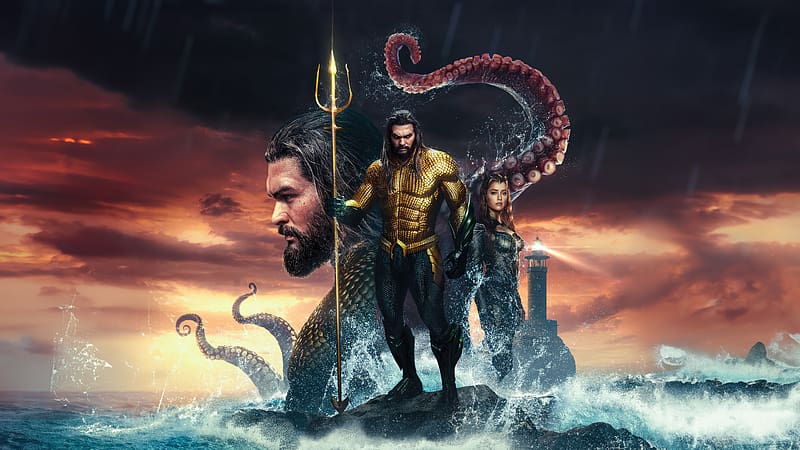
The fact that The Flash and Aquaman 2 both star the same actors in the DCEU as multiple key Justice League characters at the films’ conclusions only serves to further complicate matters.
The simpler explanation, though, is probably that the conclusion of Aquaman 2 won’t have any bearing on either property. In terms of the DCEU, the series came to a close with Aquaman and the Lost Kingdom.
It has already been revealed that all of the DCEU Justice League members will be recast in Gunn’s DCU, which means that Aquaman’s entire future plot will be altered.
Thus, unless Jason Momoa’s version of the character appears in Gunn and Peter Safran’s universe—which is extremely unlikely—the conclusion of Aquaman 2 will not affect the future of the DCU.
The conclusion of Aquaman and the Lost Kingdom was criticized by many critics, who saw it as an underwhelming conclusion to the DCEU following more than 10 years of the saga. This is probably also partially because of rumors that Aquaman 2 changes were made public while the movie was being made.
This could have given some potential viewers the idea that the last DCEU movie was changing to fit the ending of this specific era rather than ending on a note that was essentially unrelated to the rest of the franchise.
Even if Aquaman 2’s conclusion won’t have a significant effect on the DCU in the future, it has a deeper thematic significance. The construction of bridges is the main motif that runs throughout the movie.
The conclusion of Aquaman 2 encapsulates the idea that establishing connections and fostering relationships can be advantageous for all parties involved, from Arthur’s bonding with Orm to Atlantis’s establishment of a link with the outside world.
Because the outcomes of these relationships will not be explored, the conclusion of Aquaman and the Lost Kingdom is both heartbreaking and appropriately suitable as it closes the gap between the DCEU and James Gunn’s revamped DCU.


